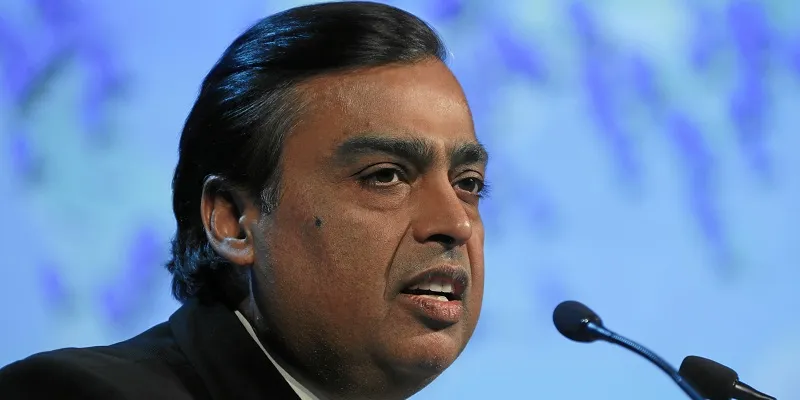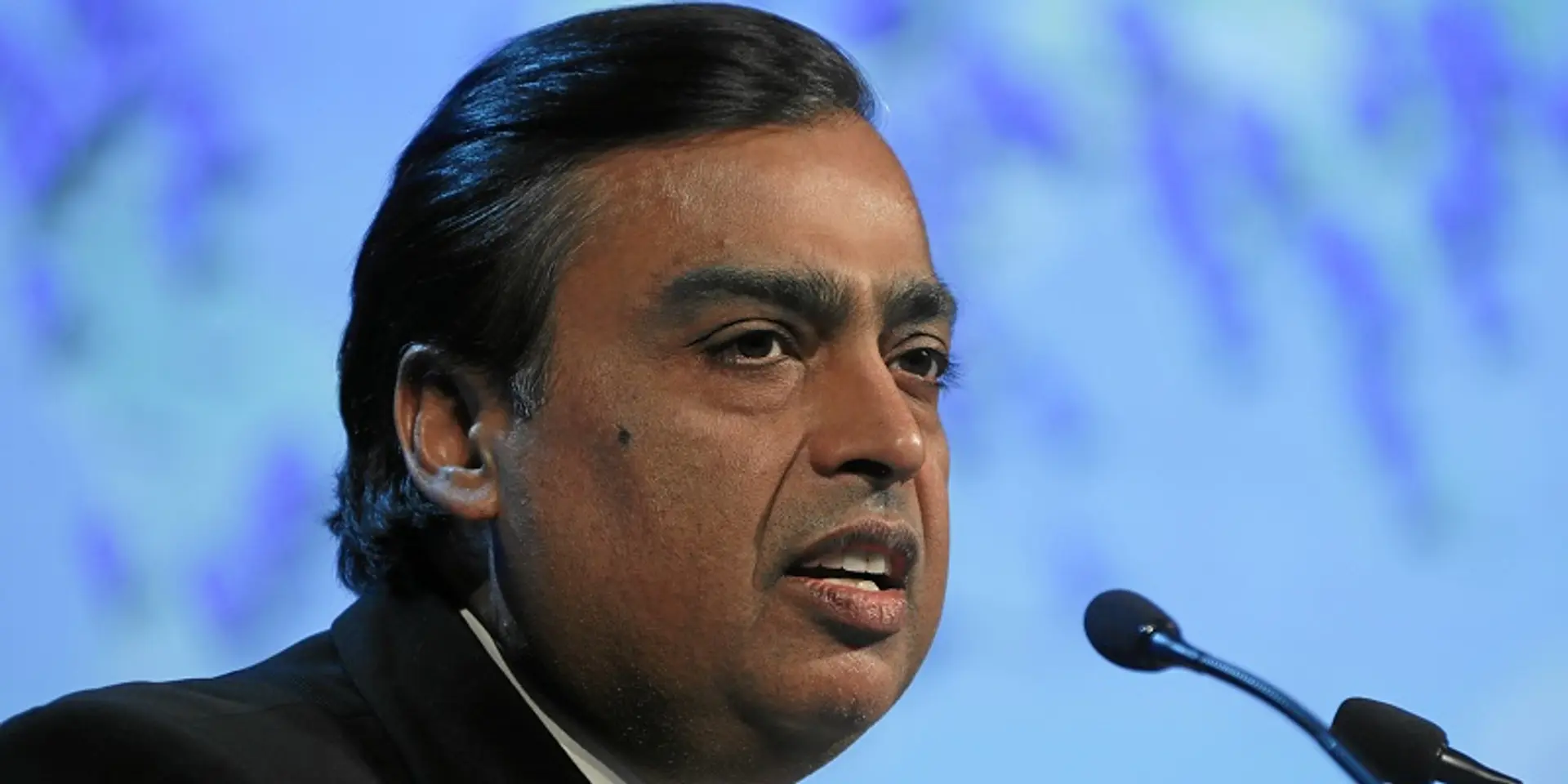The week that was – from Mukesh Ambani's Facebook deal to Dunzo winning the coronavirus pandemic
This week, the highlight was Facebook announcing an investment of $5.7 billion in Reliance Jio for 9.9 percent stake. As the coronavirus continues to spread, Bengaluru-based Dunzo shows how it is winning the essential delivery market.
Bengaluru-based hyperlocal delivery startup is working to ensure that it doesn’t do just business as usual but thrives.
Kabeer Biswas, CEO and Co-Founder, Dunzo, says: “Across the country, there is a demand for essentials due to the lockdown. In these extraordinary times, companies need to rise to the occasion.”
The Google-backed startup’s average order value (AOV) has seen a 4X increase. The primary growth rate in perishable goods and food and beverages has seen a 3x growth, and essential goods share of orders on the platform has doubled.
Imagine a platform that can help you play as many games on a single platform. Founded in 2015 by siblings Yashash Agarwal and Gaurav Agarwal, is a mobile gaming startup that works very unconventionally to acquire users.
Unlike other players in smartphone gaming, Gamezop doesn’t ask users to install apps. Instead, it embeds games inside its partner apps where they can be played instantly; just like how videos can be played on a social media page.
The idea was conceived when Co-founder and CEO Yashash, was in college and realised that the experience of getting into casual games was too cumbersome, owing to the necessity for installing each one as an app first.

Gamezop team
From games let us move to our farms
is a Delhi-based agritech marketplace that helps farmers and traders sell their produce quickly and efficiently through online mandis (or e-mandis).
The startup works with over 120 Farmer Producer Organisations (FPOs) in India and connects more than 200,000 farmers with state governments, procurement agencies, and food processing companies like Britannia, AgroPure, and others.
The AgriBazaar platform allows farmers to cut down their trips to physical mandis, and sell fresh produce online from the safe confines of their homes.
“Electronic procurement ensures the farmer's safety and health, follows social distancing measures, and also avoids overcrowding in the physical mandis,” Amith Agarwal, Co-Founder and CEO, AgriBazaar, tells YourStory.

Photo: AgriBazaar
In what is the biggest deal in India's digital ecosystem so far, Facebook has invested $5.7 billion in Reliance Jio to acquire a 9.9 percent stake.
This pegs Jio's pre-money valuation at about $66 billion, and also makes Facebook the largest minority shareholder in the company. It also values Jio Platforms amongst the top five listed companies in India by market capitalisation
This deal will "accelerate India's digital transformation" and fuel the creation of innovative new enterprises and connecting people in new ways, Facebook stated.
David Fischer, Chief Revenue Officer, and Ajit Mohan, VP and Managing Director, India of Facebook, wrote in a joint note: "Our goal is to enable new opportunities for businesses of all sizes, but especially for the more than 60 million small businesses across India. They account for the majority of jobs in the country, and form the heart and soul of rural and urban communities alike."

Recently when Bengaluru based fintech startup Setu raised $15 million in a Series A funding round, it called for some cheer in the startup ecosystem trying to come to terms with the COVID-19 crisis.
Setu’s Series A round was led by Falcon Edge and Lightspeed Venture Partners US, along with existing investors Lightspeed India Partners, and Bharat Inclusion Seed Fund.
In this conversation with YourStory Founder and CEO Shradha Sharma, Setu Co-founder Sahil Kini talks about how the startup’s new suite of products will herald a new API fintech play where sachetisation of banking services will be on offer for any product to plug and play.

Sahil Kini
OTT businesses are taking the world by storm, but there is a catch –monetisation is hard.
The coronavirus outbreak and the resultant lockdown have had a pronounced impact across industries. Besides stalling economic activity and lowering consumption, the pandemic has also led to behavioural and lifestyle changes in people.
One of the most impacted sectors has been media and entertainment (M&E). A heavily ad-dependent industry, it could have been wiped out, if not for new and emerging media platforms and shifting consumption patterns.
“There has been a perceptible increase in media consumption during the last few weeks as people have remained homebound,” KPMG states in a study.
But, monetisation is a challenge because the sector derives a lion’s share of its revenues from the advertising spends of FMCG, financial services, automotive, ecommerce, and real estate companies, which are reeling from the recessionary impact of the pandemic.
Edited by Saheli Sen Gupta







